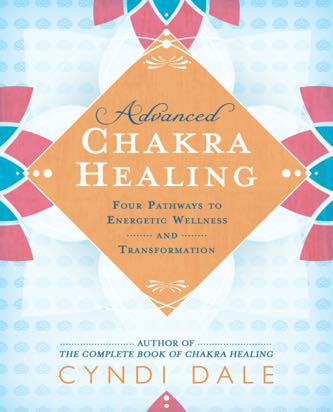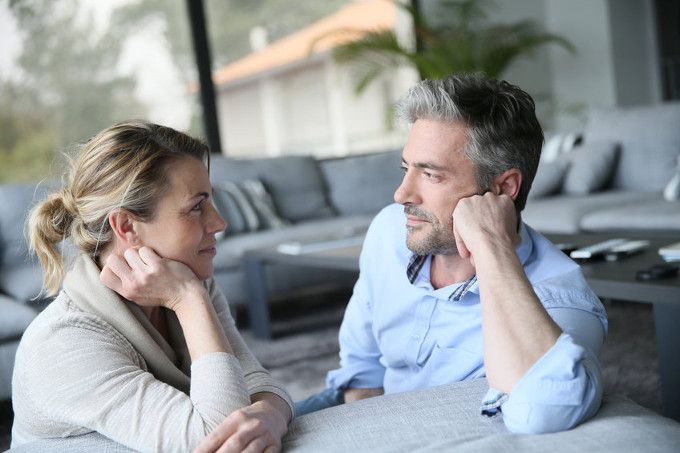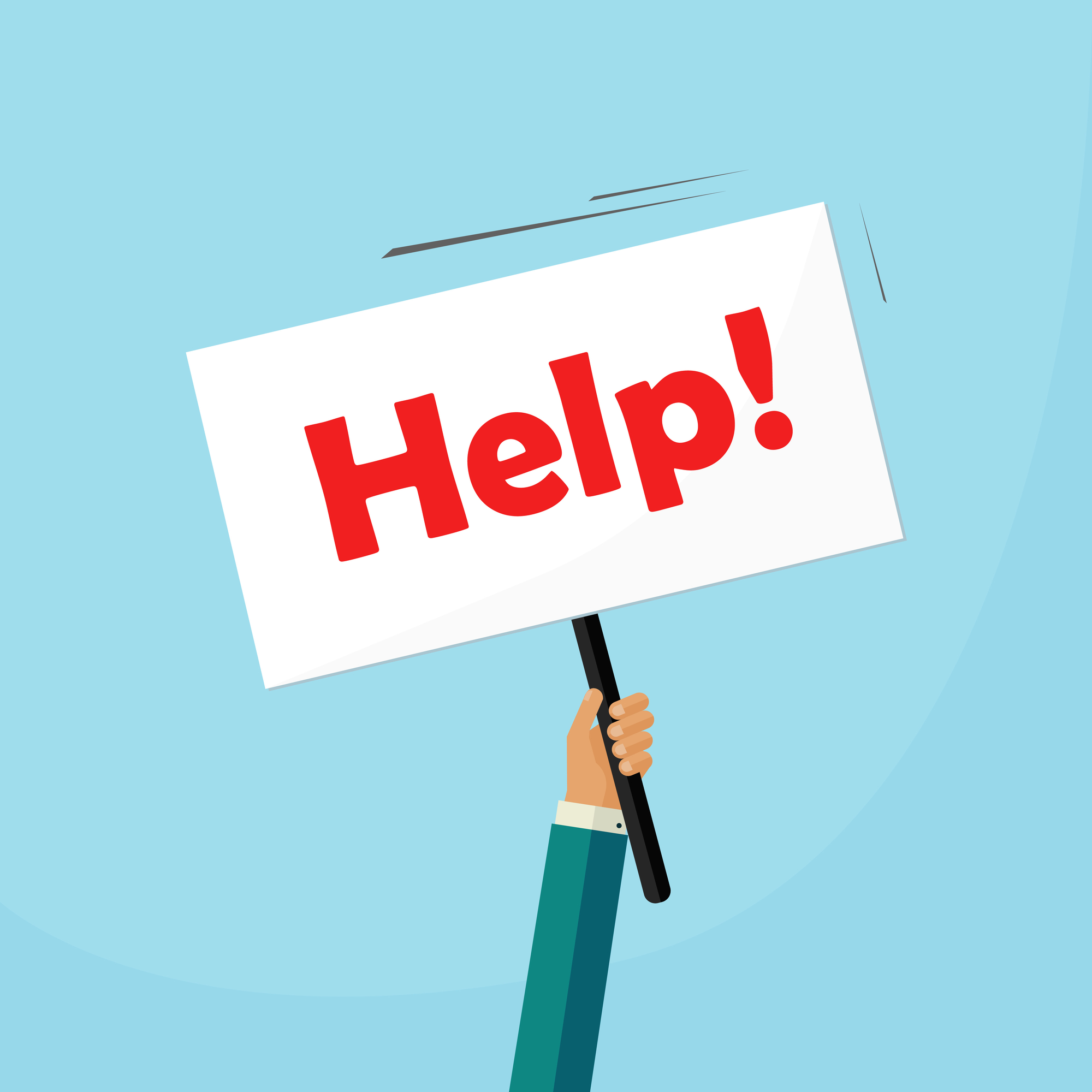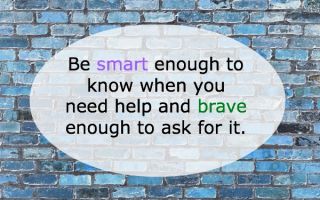
By Kira M. Newman | Greater Good Magazine
Amid stay-at-home orders and social distancing measures, the COVID-19 pandemic has separated us from friends and far-flung family. But how has it affected relationships at home?
Research is only beginning to tell the story of how couples fared during the pandemic, and that’s a story still in progress now—16 months in, as case counts continue to rise worldwide.
For example, divorces rose in parts of China in March 2020. But that’s just one side of the story: In fact, marriage applications also increased in Wuhan last spring, and 53% of Chinese people surveyed in 2020 said their romantic relationships improved since the pandemic. Meanwhile, findings are mixed on whether married people are happier or worse off than singles during COVID.
Spending all day, every day, with your partner or being their only support system can be a recipe for getting on each other’s nerves—or it could make you even closer. We don’t yet know which scenario has been most common.
“Crises either bring people together or drive them apart,” write Yachao Li and Jennifer A. Samp in a 2021 paper. “The impact of the COVID-19 pandemic on relationships is still unclear.”
What’s more, the best ways for couples to cope and stay connected in these conditions are still unclear. How can we hope to support a partner over so many months, when we’re facing the same existential stress ourselves? How can we cultivate joy and intimacy when we seem to have both too much and too little time together?
Studies from earlier in the pandemic in the U.S., Europe, China, and beyond offer some clues about what’s been going on behind closed doors across the world—and what we can do to hold onto love and connection amid a crisis.
Couple life during COVID
When the pandemic hit, everyone’s life was upended—including the rhythms of our closest relationships. Couples had to deal with the sudden need for child care and their jobs going online, disappearing, or becoming way more dangerous, all while navigating different levels of risk. They needed to support each other through stress and fear.
During the first three weeks of lockdown in Spain, researchers surveyed over 400 adults about how their relationships had changed during that time. A team led by Cristina Günther-Bel pored over more than 13,000 words that participants wrote, searching for themes. They found that 62% of participants identified some kind of improvement in their relationship since lockdown.
Most commonly, people talked about reconnecting with their partners by spending more time together, slowing down, and appreciating each other. They mentioned being able to communicate more, express their needs and feelings, and work through conflicts that they used to sweep under the rug. With everyone in the COVID-19 boat, the pandemic also created a spirit of teamwork to work out schedules, balance everyone’s needs, and support each other through difficulty.
According to their analysis, couples struggled more in their relationships when they had kids to look after, although things improved for parents as the lockdown went on. And younger couples seemed to be getting along better than older couples. A different study of Germans ages 14–95 came to a similar conclusion: As younger people’s relationships improved between February and April 2020, the relationships of older people tended to get worse.
Of course, the pandemic wasn’t all good for romance. In addition to togetherness and appreciation, Spanish couples also wrote about feeling lonely and distant from each other, and being more tense and argumentative. Young couples in the U.S. said they experienced more fear, anger, and sadness during their interactions, compared to pre-pandemic. When conflict arose, it tended to spill over into couples’ physical connection and affection, so they were less likely to hug, kiss, and have sex.
Relationships were even more strained for people who had partners with an insecure attachment style, who have trouble forming secure, stable bonds. People with distant, avoidant partners felt less supported, less able to solve problems, and lacking in a sense of togetherness. People with clingy, anxiously attached partners also felt less support and togetherness at home, as well as more chaos and problems (like poor communication and a lack of affection). Depending on their attachment style, partners may be in need of more personal space in the confines of lockdown, or seeking support and reassurance but not getting it, says University of Auckland professor Nickola Overall.
In short, the pandemic was worse for relationships that were already struggling. That includes relationships strained by larger societal inequalities: For example, people in same-sex relationships became less satisfied with their relationships during the pandemic, particularly people of color and those who were uneasy about their sexual orientation.
“The [positive aspects of the pandemic] are disproportionately available to people that had resources and strengths going into the pandemic and are not facing major health-related and employment-related stressors arising from the pandemic,” says Overall.
Meanwhile, inequalities affecting women—who were were hit harder by pandemic unemployment and have taken on much of the increased child care and housework—seemed to affect their relationships, too. According to a study in New Zealand that Overall coauthored, women who felt the pandemic division of labor in their household was unfair had more problems in their relationships and were less satisfied with them, too.
How to be resilient, together
If the tension has increased between you and your partner, you might be tempted to ignore it. After all, things are hard enough right now, and the last thing you need is to start up another yelling match. According to one study in April 2020, avoiding confrontation is exactly what people did when they felt COVID was interfering more in their daily life. The bad news is that these people were also less satisfied together, as issues festered below the surface.
Dealing with conflict is crucial, argue Li and Samp. And a 2021 paper suggests an activity that might help: reappraisal. In this study, over 700 people living in the U.S. with their partners tried different writing activities, including one where they wrote about conflicts with their partner from the perspective of a neutral third party, trying to get outside their own head and see the situation with more perspective.
In the next two weeks, people who practiced this technique experienced fewer disagreements, less yelling, and fewer threats and insults in their relationship than those who simply wrote about their feelings about the conflict, or did other writing activities. All of this translated into being more satisfied as a couple.
There’s another easy technique you can try: Blame the pandemic.
One U.S. study surveyed people living with their partners in spring 2020 and again toward the end of the year. When women were stressed, those who blamed the pandemic (instead of themselves or their partners) were more satisfied with their relationships and engaged in fewer relationship-harming behaviors, like criticizing, insulting, and being impatient or withdrawn. This effect didn’t hold for men, though, maybe because women are experiencing the worst of pandemic stress, speculated the University of Texas at Austin’s Lisa A. Neff and her coauthors.
Besides finding ways to cope with the extra stress and conflict, couples can also make a deliberate effort to connect and communicate.
In 2020, researchers designed a two-hour “Awareness, Courage, and Love” activity. U.S. couples who did it felt closer afterward and at least a week later, compared to couples who just watched a movie together. The activity included eye contact, a guided meditation, journaling about the relationship and sharing what they wrote, offering words of appreciation, and a weekly conversation activity with questions like these:
- What has been hard for you this week that you’d like me to understand?
- When did you feel closest/most distant to me this past week?
- Is there anything you’re avoiding saying or communicating to me?
- What have you appreciated about me this past week?
- How can you take better care of yourself?
- How can I be a better partner to you?
- Is there anything else you want to tell me?
It should go without saying, but another way to shore up your relationship is to go out of your way to support your partner. During COVID, researchers have found that people who feel more supported by their partners are more grateful and less stressed, feel more committed and confident about achieving their goals, and make more progress toward them.
How to be a good pandemic partner
What does a supportive partner look like, in this context?
For a 2020 study, relationship therapist Laura Vowels and her team interviewed 48 people and asked them, “How have you supported each other during the pandemic in achieving tasks and goals? How has the way in which you support each other changed as a result of the pandemic?”
According to their answers, supportive partners made themselves available and had a spirit of flexibility and teamwork. When the pandemic hit, they found ways to share office space and divide up chores, so everyone could do what they needed to do. They encouraged their partners to get outside support from others, like family and friends. They provided inspiration, reassurance, comfort, and validation (and they tried to not get in their partner’s way).
“Reframing support as ‘we are in it together and we are working together to solve these shared problems’ ensures that people don’t feel burdened by the other person’s needs but also that when you’re receiving support, you don’t feel like you aren’t capable,” says Overall.
Some other strategies that couples tried during the pandemic included:
- Making time for each other: Planning date nights, and working on communication.
- Setting boundaries: Carving out alone time, and making sure each person has privacy and space.
- Practicing mindfulness: Being kind and patient in their interactions with each other, and checking in on the other person’s mental health.
Going forward into post-pandemic life, or at least coming out of lockdown, Vowels expects to see another round of transition and negotiation among couples. Partners will have to again balance different levels of risk and figure out how their priorities may have shifted during the pandemic.
“If couples can actually openly talk about it, that’s much better than just assuming that we’re returning to normal, because that may not be what the other person’s thinking,” says Vowels, a postdoctoral researcher at the University of Lausanne and principal researcher for Blueheart.io.
Facing a crisis like the COVID-19 pandemic, our relationships are bound to shift and change. That’s normal and to be expected, researchers say. We may find ourselves feeling adoring and grateful one day, and unable to stand the sound of their voice the next. While some people are deciding to break up and others are getting engaged, for many couples the reality may be somewhere in between: some renewed closeness, some new stress and tension. Even if yours isn’t a story of cosy quarantine romance, you can still celebrate muddling through it together.
About the Author
Kira M. Newman is the managing editor of Greater Good. Her work has been published in outlets including the Washington Post, Mindful magazine, Social Media Monthly, and Tech.co, and she is the co-editor of The Gratitude Project. Follow her on Twitter!






 Cherie Roe Dirksen
Cherie Roe Dirksen

 As you may or may not know, the study of Quantum Mechanics is the branch of physics that focuses on “the very small”. Not necessarily what we would consider being “matter”, but rather the cosmically tiny common subjects such as atoms and quarks that bond & unite energetically to create matter and bring it into physical 3D existence. I use the quantum reference here as it applies to life because there are two very simple and very small, yet VERY significant things you can do to actually guarantee your own happiness…
As you may or may not know, the study of Quantum Mechanics is the branch of physics that focuses on “the very small”. Not necessarily what we would consider being “matter”, but rather the cosmically tiny common subjects such as atoms and quarks that bond & unite energetically to create matter and bring it into physical 3D existence. I use the quantum reference here as it applies to life because there are two very simple and very small, yet VERY significant things you can do to actually guarantee your own happiness…


 If you’re anything like me, you may have a hard time asking for help when it comes to personal stuff. If I can’t reach something off a shelf, sure I’m good with requesting some assistance, but when it gets a bit deeper than that, I tend to wanna handle everything on my own; retreat inward and soak it in a little “me-time” solitude. My mental cave is always warm and welcoming with popcorn made and a Netflix marathon ready to go. But sometimes, when the popcorn’s run out and your ass is asleep from too much couch-potato-ing, you reach a point where your ego allows you to understand that your ONLY way out to reach a solution is another’s perspective.
If you’re anything like me, you may have a hard time asking for help when it comes to personal stuff. If I can’t reach something off a shelf, sure I’m good with requesting some assistance, but when it gets a bit deeper than that, I tend to wanna handle everything on my own; retreat inward and soak it in a little “me-time” solitude. My mental cave is always warm and welcoming with popcorn made and a Netflix marathon ready to go. But sometimes, when the popcorn’s run out and your ass is asleep from too much couch-potato-ing, you reach a point where your ego allows you to understand that your ONLY way out to reach a solution is another’s perspective.

 When we think of a river flowing, non-attachment is kind of like that when it comes to our emotions. Rather than letting one particular emotion dam up the waters of our soul, we simply let it run its course without becoming enthralled or entangled in its web. With negative emotions, we tend to let them take the wheel and direct our thoughts, actions, and reactions. And while we can see how asinine this is when others do it, while we ourselves are in the throes of anger, we feel completely justified because we’ve allowed the emotion to take control, overpower us and run wild. We are no longer connected to our hearts and therefore are disconnected from the targets (other people) now receiving our wrath.
When we think of a river flowing, non-attachment is kind of like that when it comes to our emotions. Rather than letting one particular emotion dam up the waters of our soul, we simply let it run its course without becoming enthralled or entangled in its web. With negative emotions, we tend to let them take the wheel and direct our thoughts, actions, and reactions. And while we can see how asinine this is when others do it, while we ourselves are in the throes of anger, we feel completely justified because we’ve allowed the emotion to take control, overpower us and run wild. We are no longer connected to our hearts and therefore are disconnected from the targets (other people) now receiving our wrath.

 I felt compelled to write about ‘being the change’ this week after all of the negative news going on in the world lately. I won’t get into it, as I’m sure most of you are aware of what’s been going on but I just wanted to take the time to remind everyone that it all starts with each and every one of us. We all matter and we all mean something. Somewhere along the line, it became acceptable; almost required to teach us that we are insignificant and we began to lost our luster, our soul shine…and that is the greatest lie ever taught. We are all significant, we are divine, we are love. Don’t ever forget that because once you remember, the world will reflect a place that won’t need changing.
I felt compelled to write about ‘being the change’ this week after all of the negative news going on in the world lately. I won’t get into it, as I’m sure most of you are aware of what’s been going on but I just wanted to take the time to remind everyone that it all starts with each and every one of us. We all matter and we all mean something. Somewhere along the line, it became acceptable; almost required to teach us that we are insignificant and we began to lost our luster, our soul shine…and that is the greatest lie ever taught. We are all significant, we are divine, we are love. Don’t ever forget that because once you remember, the world will reflect a place that won’t need changing. 
 But seriously, I’m not saying that I was immune to establishing negative core beliefs about myself. I did form several, just like everyone else around me, and eventually, even my own inner knowing was tested and layered over with false perceptions of the world around me that I started to convince myself were real. Slowly but surely I too fell victim to core beliefs (or what I now call “shadows”) that had me believing I didn’t deserve love, peace, or happiness in my life, and for years I played out this drama to convince myself it was all true…
But seriously, I’m not saying that I was immune to establishing negative core beliefs about myself. I did form several, just like everyone else around me, and eventually, even my own inner knowing was tested and layered over with false perceptions of the world around me that I started to convince myself were real. Slowly but surely I too fell victim to core beliefs (or what I now call “shadows”) that had me believing I didn’t deserve love, peace, or happiness in my life, and for years I played out this drama to convince myself it was all true…
 Tamara Rant is a Co-Editor/Writer for CLN as well as a Licensed Reiki Master, heart-centered Graphic Designer and a progressive voice in social media activism & awareness. She is an avid lover of all things Quantum Physics and Spirituality. Connect with Tamara by visiting
Tamara Rant is a Co-Editor/Writer for CLN as well as a Licensed Reiki Master, heart-centered Graphic Designer and a progressive voice in social media activism & awareness. She is an avid lover of all things Quantum Physics and Spirituality. Connect with Tamara by visiting